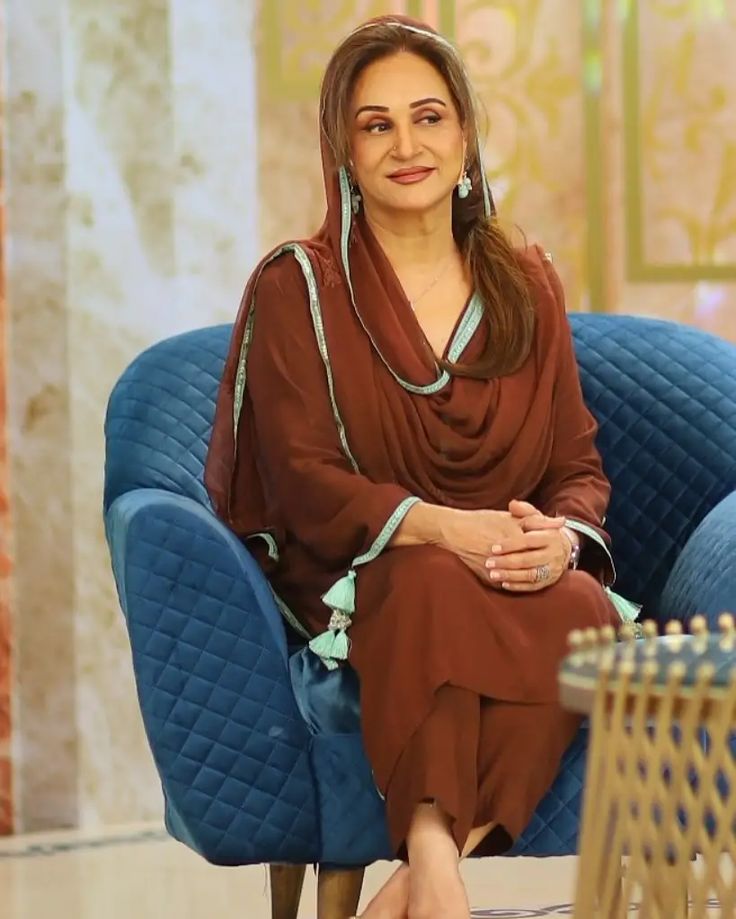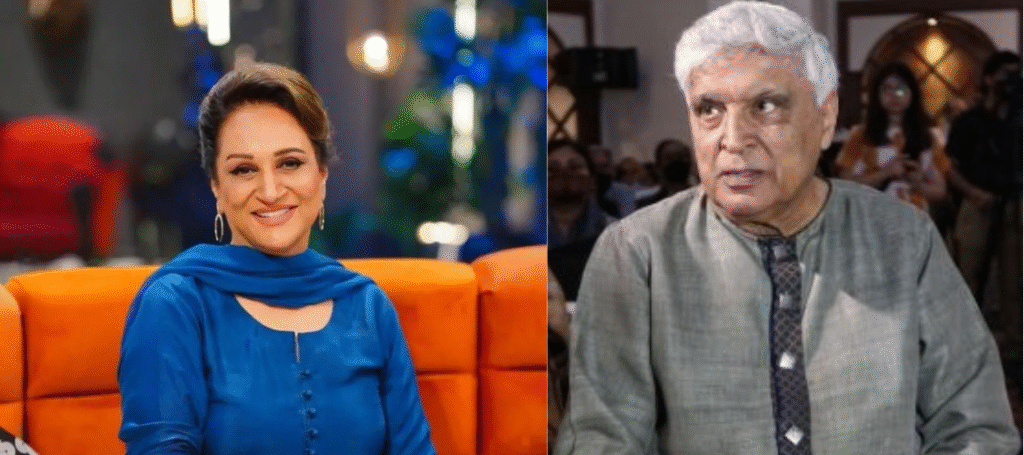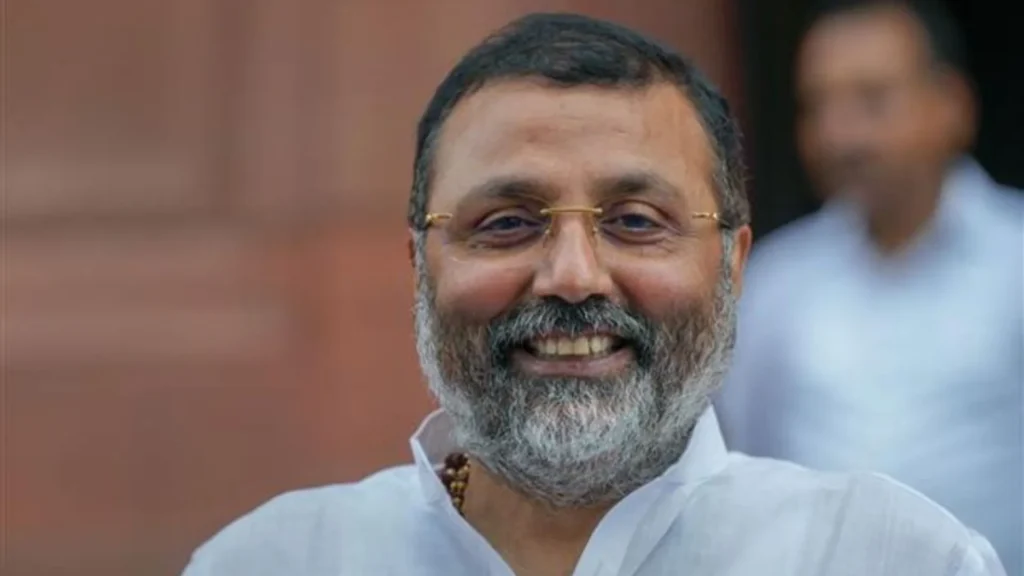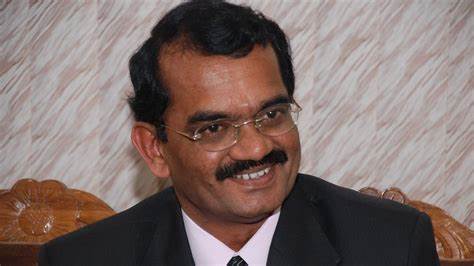Tensions Flare as Pakistani Actress Responds to Indian Lyricist’s Call for Action
The Pahalgam terrorist attack on April 22, 2025, which killed 26 people, has sparked a heated exchange between Pakistani actress Bushra Ansari and Indian lyricist Javed Akhtar. Akhtar’s demand for a befitting reply from the Indian government provoked a sharp rebuttal from Ansari, highlighting the emotional and political fallout of the brutal terror attack where gunmen opened fire on tourists. This article explores the controversy, its context, and the broader themes of provocation.
Context: Javed Akhtar’s Demand for Strong Action
Following the Pahalgam terrorist attack, Javed Akhtar, known for his targeted commentary, accused Pakistan of complicity and urged the Central Government to take immediate steps. He dismissed symbolic gestures like “few crackers on the border” and called for decisive action, even referencing a Pakistani figure’s claim that “Hindus and Muslims are different communities” to highlight divisive rhetoric. Akhtar’s war-like language, including phrases like “aar ya paar” and criticism of Pakistan’s “mad Army chief,” intensified India-Pakistan tensions, setting the stage for Ansari’s response.
Sharp Criticism by Bushra Ansari
Bushra Ansari responded sharply, bashing Akhtar without naming him directly. In a provocative and personal attack, she said, “marne mein aapke do ghanta reh gaye hai,” implying Akhtar’s age limits his relevance. She mocked his past struggles, claiming “unko toh makaan kiraaye pe nahi milta tha Bombay mein,” and accused him of speaking “fizool baatein” to maintain “apni existence ke liye.” Ansari urged him to “koi haya kare” and follow Naseeruddin Shah, who remains silent on such issues, implying dignity in restraint. Her remarks reflect deep frustration with Akhtar’s inflammatory statements.

Call for Silence and Broader Implications
Ansari’s call for silence extended beyond Akhtar, as she argued that “people in India aren’t bad, they’re being provoked,” separating state-level rhetoric from public sentiment. Her sharp criticism underscores the themes of provocation and cultural commentary that dominate India-Pakistan discourse. The exchange highlights how the Pahalgam terrorist attack has reignited emotional and political divides, with figures like Akhtar and Ansari amplifying tensions through targeted commentary. This controversy reflects the challenge of navigating cross-border sensitivities while addressing the grief and anger caused by the 26 people killed in a brutal terror attack.





















